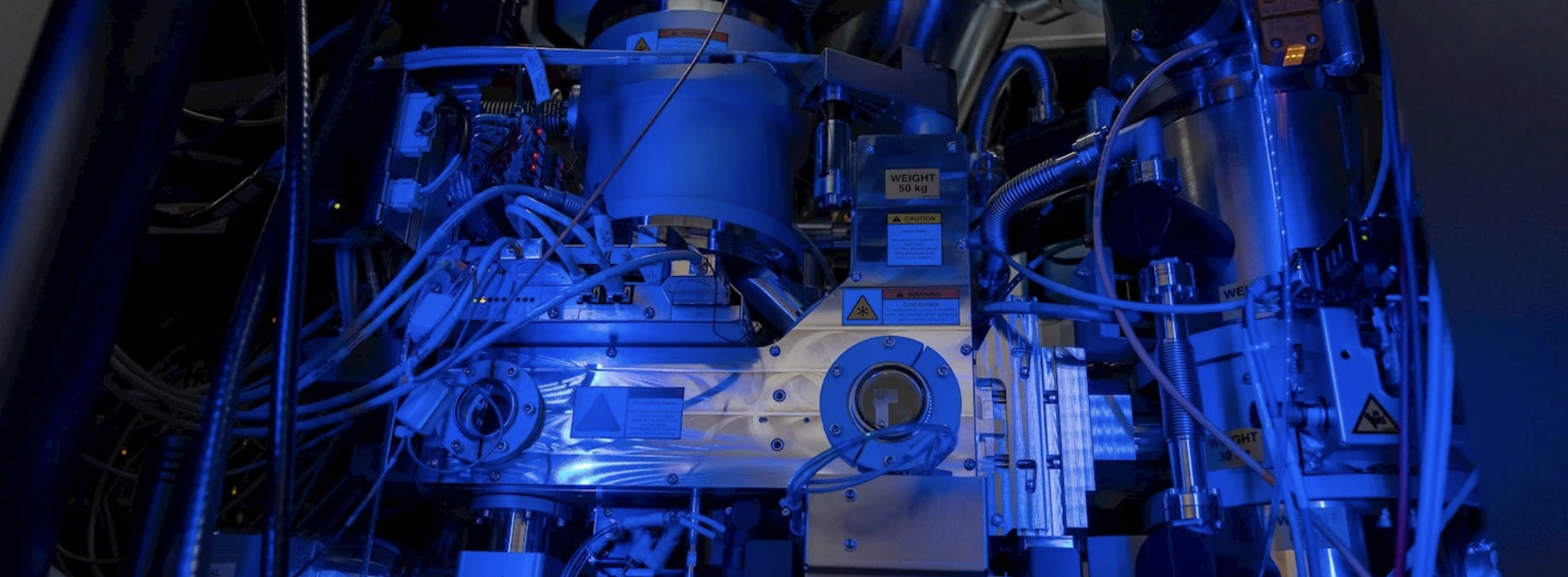
Navigating Corporate Relationships

Understanding the Nuances of Corporate Collaborations
Navigating corporate relationships can be a complex yet rewarding endeavor for faculty. These partnerships come with unique dynamics and expectations that differ from traditional academic collaborations. Faculty can effectively manage and sustain productive relationships with industry partners by understanding the intricacies of corporate culture, communication styles, and mutual goals. This section aims to provide valuable insights into the best practices for fostering successful corporate collaborations, ensuring that both academic and industry objectives are met, and ultimately driving innovation and economic growth.
1.) Industry Expectations
- Outcome-Oriented: Corporate partners often focus on practical, market-driven outcomes. They expect research to lead to tangible products, services, or solutions that can be commercialized.
- Clear Deliverables: There is usually a strong emphasis on meeting specific deliverables and milestones within the agreed timeline.
2.) Industry Timelines
- Faster Pace: Industry projects typically operate on faster timelines compared to academic research. Corporations may expect quicker results to stay competitive in the market.
- Strict Deadlines: Deadlines are often more rigid, with less flexibility for extensions.
3.) Industry Budgets
- Budget Constraints: Corporate budgets are often tightly controlled and may be subject to changes based on company performance and market conditions
- Funding Allocation: Funding is usually tied to specific project milestones and deliverables, with clear expectations for return on investment.
4.) Publication Rights
- Confidentiality: Corporations may impose restrictions on publishing results to protect proprietary information and competitive advantage
- Delayed Publication: There may be delays in publishing research findings until patents are filed or products are launched.
5.) Intellectual Property Ownership and Licensing
- IP Ownership: Corporations often seek ownership or exclusive rights to any intellectual property (IP) developed during the partnership
- Licensing Agreements: Detailed agreements are necessary to outline the terms of IP use, including licensing fees, royalties, and rights to future developments
6.) Additional Considerations
- Communication Styles: Corporate communication tends to be more formal and business-oriented, with a focus on efficiency and clarity.
- Risk Management: Corporations are generally more risk-averse and may require detailed risk assessments and mitigation plans for projects.
- Collaboration Dynamics: Faculty may need to adapt to a more hierarchical and structured environment, with clear roles and responsibilities.
Understanding these differences can help faculty navigate corporate partnerships more effectively, ensuring that both academic and industry goals are met.
Ready to Explore a Partnership?
The MSU Innovation Center serves as a bridge between faculty and industry, helping researchers turn ideas into impact. From identifying potential partners and navigating contracts to protecting intellectual property and securing funding, the Innovation Center provides personalized support at every stage of collaboration. Whether you’re new to industry engagement or managing an ongoing partnership, our team is here to help you connect, communicate, and succeed. Are you ready to have a conversation about corporate partnership opportunities? Click Below!

